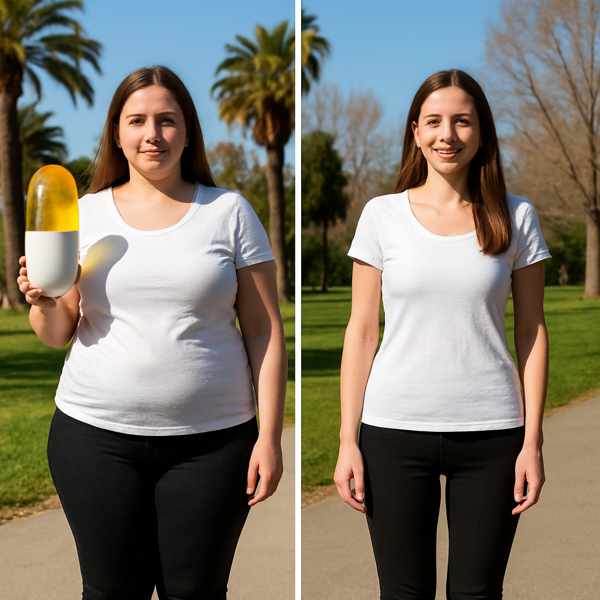Vitamin D and Weight Loss: What’s the Connection?
Vitamin D and Weight Loss: What’s the Connection?
Blog Article

Many people ask: does vitamin D help with weight loss?
Let’s explore the science, potential benefits, and how vitamin D may — or may not — affect your weight loss journey.
Understanding the Sunshine Vitamin
It also comes from certain foods and supplements.
It helps with:
- Important for strong bones and teeth
- Immune system regulation
- Linked to serotonin and depression
- Contributes to physical performance
Does Vitamin D Affect Body Fat?
Obese individuals are more likely to be vitamin D deficient.
Some research suggests:
- It could help regulate how the body stores fat
- Chronic inflammation is tied to weight gain
- Improved mood and energy may boost activity levels
- Supports insulin sensitivity
What Experts Have Found
- A study in 2014 found that overweight women who took vitamin D lost more fat than those who didn’t supplement.
- Another review showed vitamin D helped improve metabolic markers related to weight control.
- Some trials show no major impact on weight loss unless deficiency was corrected first.
While promising, the evidence is not yet strong enough to say vitamin D alone causes weight loss.
When Vitamin D Can Help with Fat Loss
People most likely to benefit from vitamin D supplementation include:
- Get your blood levels tested first
- Vitamin D may support improved hormone function
- People with mood or energy issues
- Anyone on a weight loss program lacking sun exposure
How to Add Vitamin D to Your Routine
Ways to get more vitamin D:
- Sun exposure
- Foods like salmon, egg yolks, fortified milk
- Vitamin D3 supplements
Tips:
- Don’t overdo it
- Check with a doctor before starting
- Combine with calcium and magnesium
Does Vitamin D Alone Cause Weight Loss?
Vitamin D isn’t a magic solution for shedding pounds.
For best results:
- Eat a balanced diet
- Exercise improves fat metabolism and energy levels
- Sleep affects hormones that regulate appetite
- Reduce stress
Conclusion
If you’re deficient, correcting your levels could lead to better energy, mood, and does vitamin d help with weight loss metabolic function.
Combine smart nutrition, movement, and lifestyle habits to reach your goals — with vitamin D as a helpful ally. Report this page